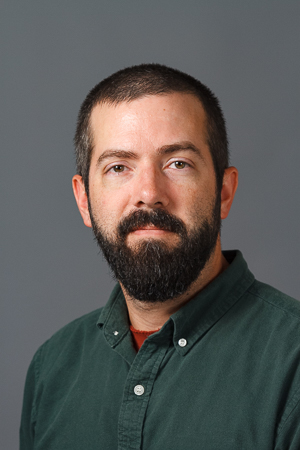Faculty Profile
Jim Sias
Associate Professor of Philosophy (2013)Contact Information
East College
717-245-1217
http://jamessias.com
Bio
My research tends to focus on either (a) questions about the foundations of ethics, or (b) questions about the nature of moral cognition. Lately, I've been spending a lot of time thinking about how moral "outliers" (i.e., people who think and behave in ways radically different from most) recognize and respond to the moral features of the world. In my first book, The Meaning of Evil (Palgrave Macmillan, 2016), I examine the psychologies of people commonly regarded as evil, and on this basis, argue that what makes a person evil is the particular way in which he sees, or regards, others in the moral community. My current research focuses primarily on the significance of mental illness in and to the moral community, with a special emphasis (for now) on schizophrenia and psychosis.
Education
- B.S., Point University, 2005
- M.A., Georgia State University, 2007
- M.A., University of North Carolina-Chapel Hill, 2009
- Ph.D., 2013
